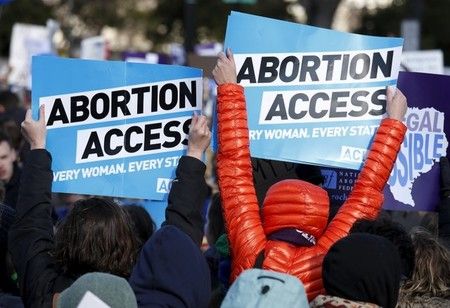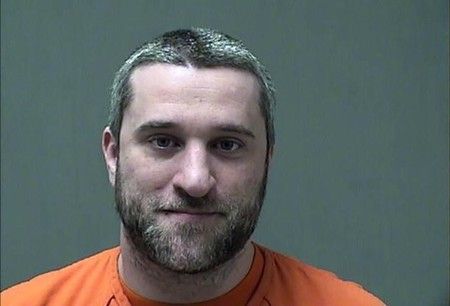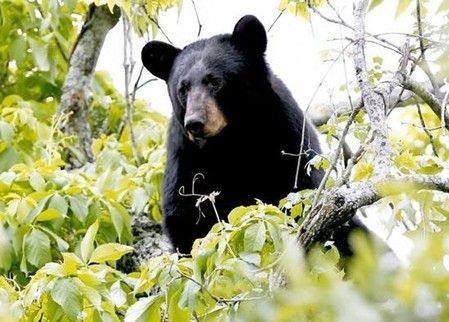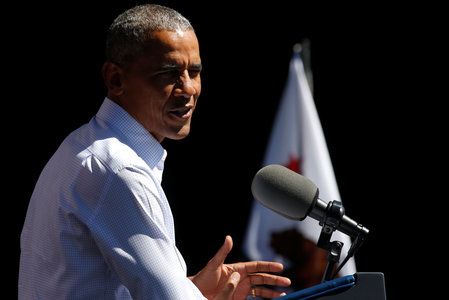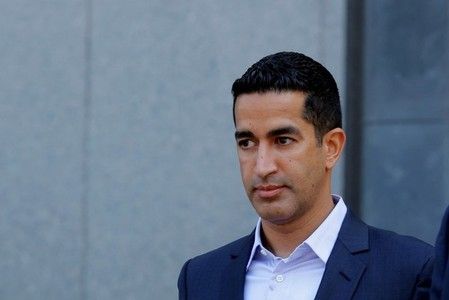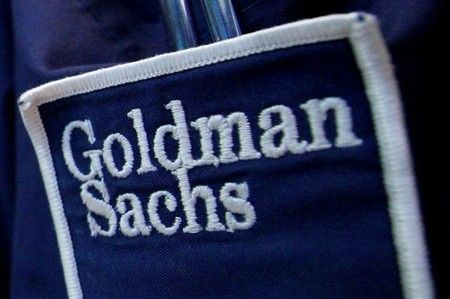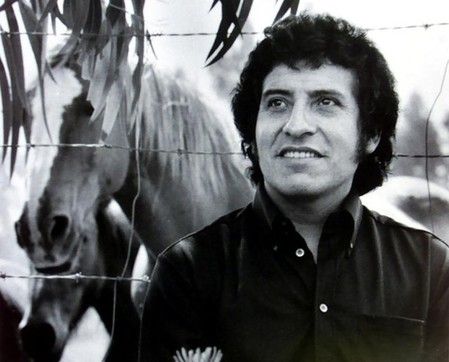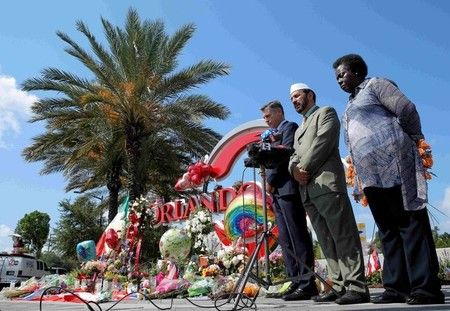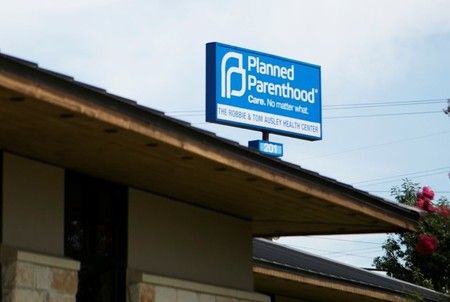Advertisement
On Ivy League campuses, military brass find a warmer welcome
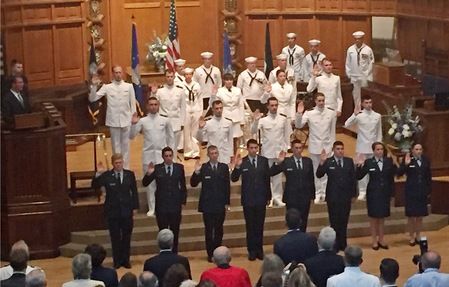
By Yeganeh Torbati
NEW HAVEN, Conn. (Reuters) – As a young chemistry professor at Yale University in 1969, Gary Haller voted to boot the U.S. military’s Reserve Officers’ Training Corps program off the Ivy League school’s Connecticut campus.
Like many American schools at the time it was gripped by protests against the Vietnam War. Yale’s faculty considered the presence of ROTC, which trains future officers and provides college scholarships, to be tacit support for an unpopular war.
“People were just so outraged,” Haller said.
Four decades on, however, he views the ROTC through a different lens. “We want to produce students who are leaders in every segment of our society,” said Haller, now an emeritus professor who led a faculty committee that helped pave the way for the ROTC’s return to Yale. “Whether you like the military or not, it is a big segment of our society.”
On Monday, U.S. Defense Secretary Ash Carter visited his alma mater for the first commissioning since the Vietnam era of cadets and midshipmen who participated in the program for all four years of college.
The ceremony is the latest evidence of a sea change in the attitude of elite universities, which shunned the military for four decades in part because of its controversial “Don’t Ask Don’t Tell” policy for gay personnel. Now they have come to realize that their graduates should have as much influence on a major instrument of American power as they do in the halls of the White House or the trading desks of Wall Street.
The return of ROTC to Ivy League campuses is a return to the norm that prevailed for more than 200 years, when graduates routinely marched, flew and sailed from campus to combat.
“I really do believe deeply that ROTC needs to be back on campuses like ours so that our students can have a truly hands-on, active role in shaping the next military,” said Yale College Dean Jonathan Holloway, whose father served in the Air Force.
John Lewis Gaddis, a prominent Yale historian who supported ROTC’s return, said he was always struck by how few students had ever met anybody in the military.
Carter referenced that in his speech on Monday, noting that the ROTC graduates had “helped bridge a divide that has persisted for too long.” “For some of your classmates, you’re the first member of the military they’ve ever gotten to know.”
The move benefits the military, too. It enables recruiters, who finds it much easier to hit their recruiting targets in the South than in urban coastal areas, to “make sure that they’re capturing all parts of the country,” including the Northeast, said Katherine Kidder, a fellow at the Center for a New American Security in Washington.
“Even if you’re capturing a small portion, you’re leavening the force with folks who are graduating from elite schools” she said.
PENTAGON MOVES
The Pentagon’s moves in the last five years to ease entry for gay and lesbian troops and open combat positions to women have helped make ROTC’s presence more palatable to politically liberal students and professors.
The Navy and Air Force ROTC programs returned to Yale in 2012, after the repeal of the “Don’t Ask, Don’t Tell.” ROTC has made similar inroads across the Ivy League and on other elite campuses. A Navy ROTC branch is set to open at Brown University this fall.
There were 122 Navy ROTC midshipmen spread across six Ivy League campuses in 2016, compared to 53 at three Ivy League schools in 2011, according to Navy data. A Navy ROTC branch is set to open at Brown University this fall.
There were 42 Air Force ROTC cadets in the Ivy League in 2016, compared to 28 in 2011, according to Air Force data. The class of 2016 at Yale includes 10 Navy midshipmen and four Air Force cadets out of 1,300 graduates.
Part of the motivation to allow the military programs to return has been financial. Congressional moves in the 1990s and 2000s threatened to cut some federal funds for universities that barred military recruiters or ROTC, and one such measure survived a legal challenge at the Supreme Court in 2006.
For Carter, military recruiting at schools such as Yale is consistent with his effort to enlist segments of society that do not typically consider a career in the armed forces, such as Silicon Valley tech experts.
Monday’s ceremony also closes a personal loop for Carter. As a Yale freshman in 1972, his was the first class that had no ROTC on campus.
“Feelings were still raw on campus, including with the faculty,” Carter said on Monday during a plane ride to New Haven. He described himself as “not having caught the anti-war bug” in his college years.
“The climate that was there on campuses when I was in college has really very much dissipated,” he said.
Before she entered Yale and the Navy ROTC in 2012, Gabrielle Fong, 22, was warned by officers that her uniform might invite critical comments and even spitting from passersby – common reactions to uniformed personnel during the Vietnam War years. She remembers thinking, “What did I sign up for?”
Fong said she was pleasantly surprised to find that was not the case. One of the officers to be commissioned on Monday, she will soon report to the destroyer U.S.S. McCampbell in Japan.
(Reporting by Yeganeh Torbati; Editing by John Walcott and Ross Colvin)




